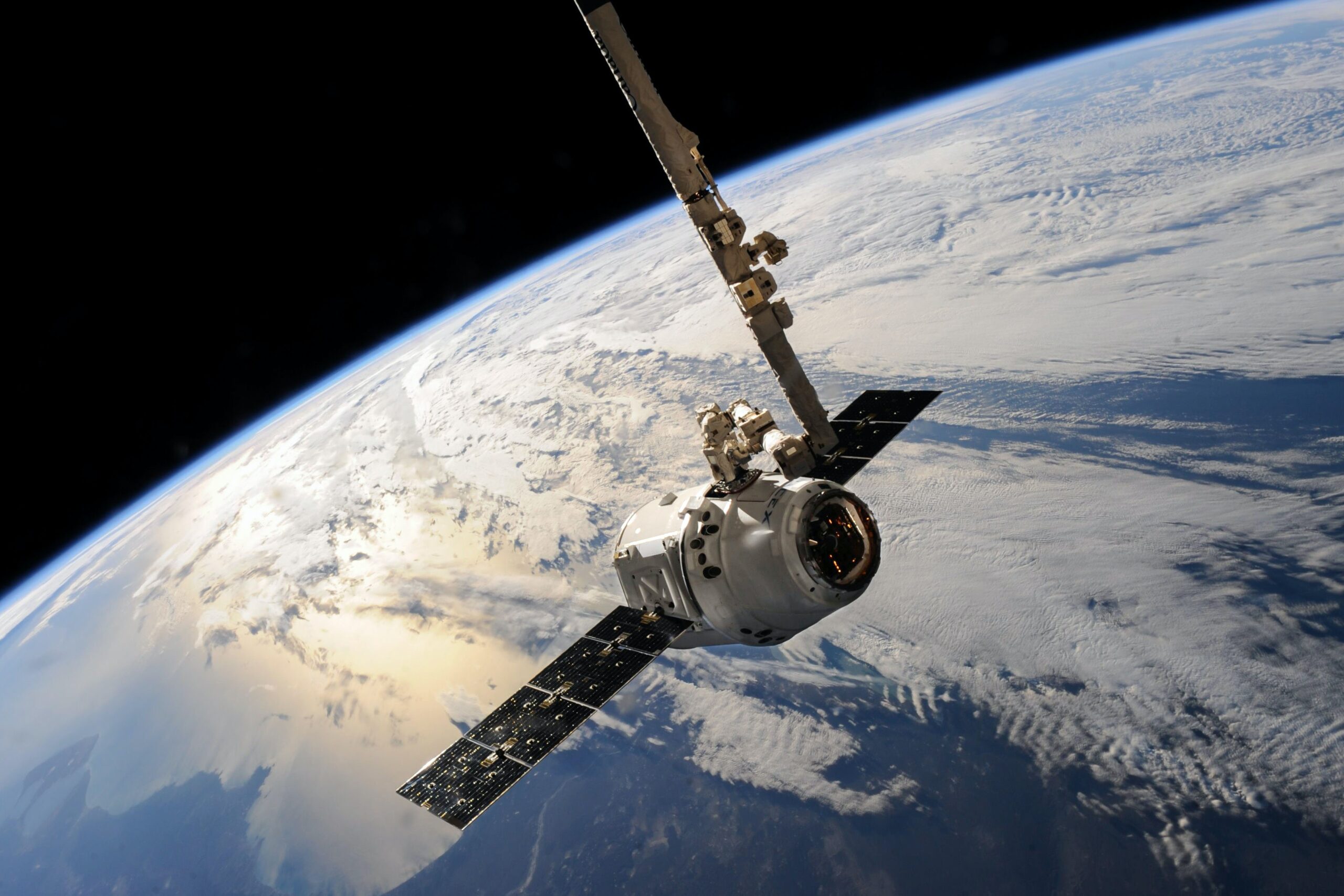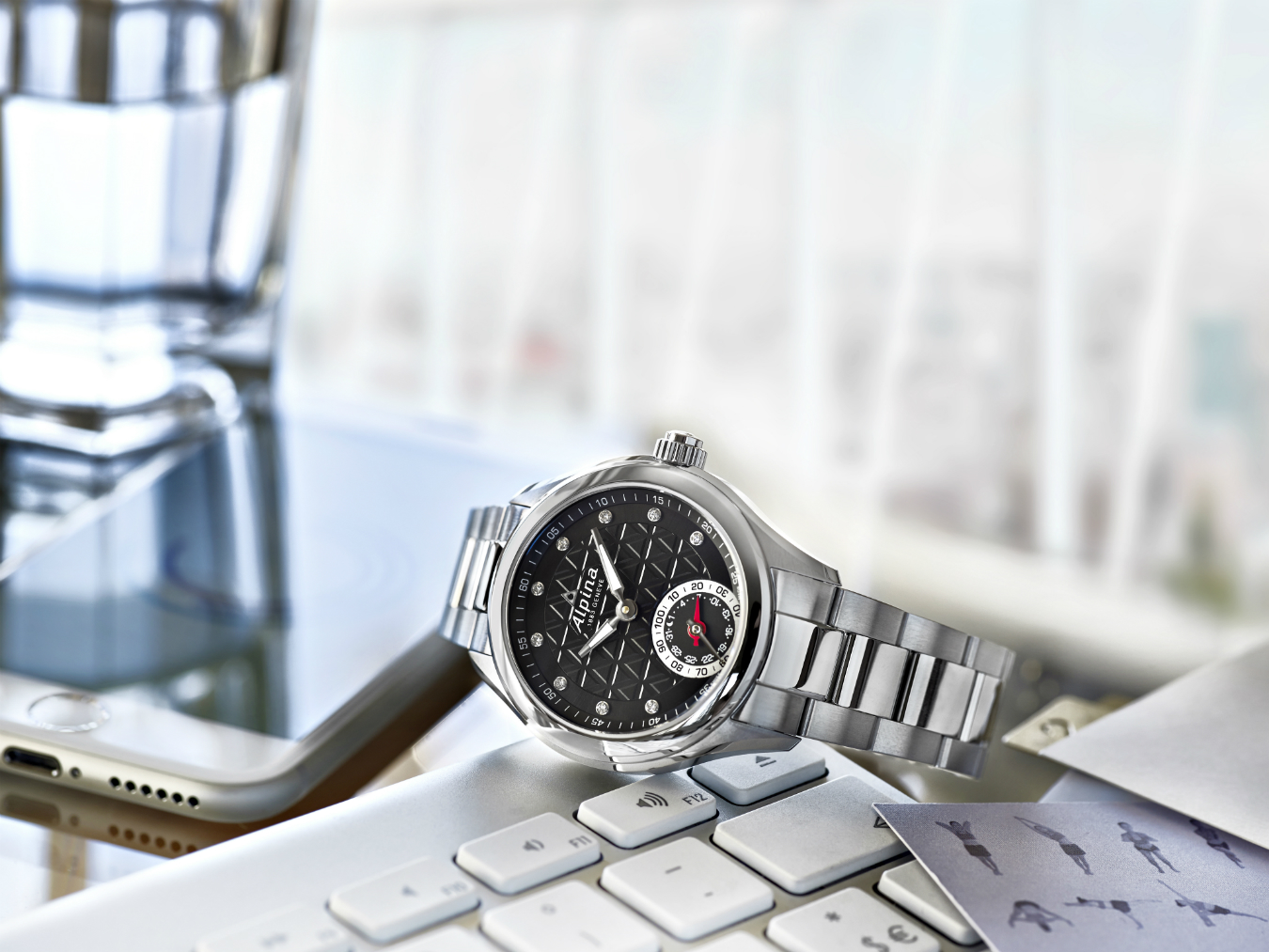Deep Space Medical-Care Challenge Aims to Make Deep Space Healthier
The fitness frontier.

Ask the rocket man: it’s lonely out in space. Turns out it’s more than a little unhealthy too. It’s not just the difficulty of finding a pharmacy on the International Space Station or a doctor’s office on the moon. Astronauts have to contend with the absence of gravity, the threat of gamma rays, the lack of physical activity, and the mental strain of months away from solid ground. All of it combines to make being a deep space explorer one of the most hazardous jobs on Earth. Or off it.
To solve some of these problems, the Canadian Space Agency (CSA) recently launched the Deep Space Healthcare Challenge, a $500,000 competition to fire up health-care and technology innovators and entrepreneurs to help the next generation of outer space adventurers stay healthy while exploring the final frontier. Judged by an expert panel that includes health-care professionals, engineers, and former astronauts, the multistage contest aims to generate practical medical applications that can assist space travellers on long-duration missions. The technologies that emerge will almost certainly be of tremendous help on current orbital missions, as well as with the planned Lunar Gateway station orbiting the moon and even an eventual trip to Mars.
Twenty semifinalists have each received $30,000 for reaching the proof-of-concept round. Among the standouts, Ottawa’s ADGA Group Consultants has developed an A.I.-powered virtual medical assistant—an augmented reality doctor that can guide astronauts to perform live medical procedures. The engineers at McMaster University have come up with a wearable patch that monitors cardiac health in real time using noninvasive microneedles. And Hamilton’s Centre for Surgical Invention and Innovation has developed an autonomous medical robot that can help with screening, diagnosis, and treatment of early-stage cancers.
Good news for those of us who remain on terra firma: the CSA plans to use innovations and devices developed through the contest on Earth as well. It doesn’t take a rocket scientist to understand that the difficulties faced by those living on an isolated space station are relevant to those living in an isolated Arctic community, for example. Or how an A.I.-driven diagnostic tool can help astronauts and urban dwellers when there’s no doctor around to do a basic blood test. The most intriguing solutions for the Earth’s most pressing health-care problems may be found on the final frontier.




